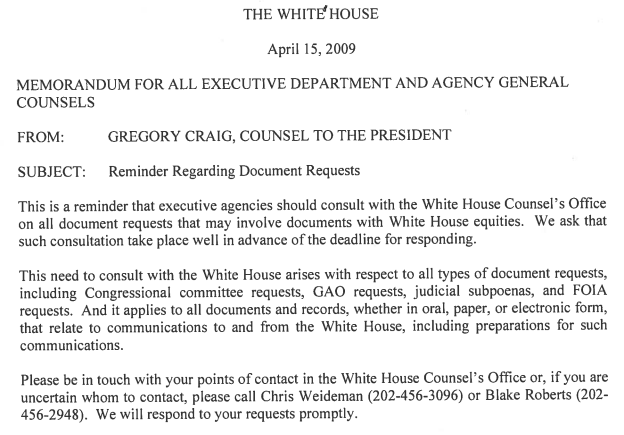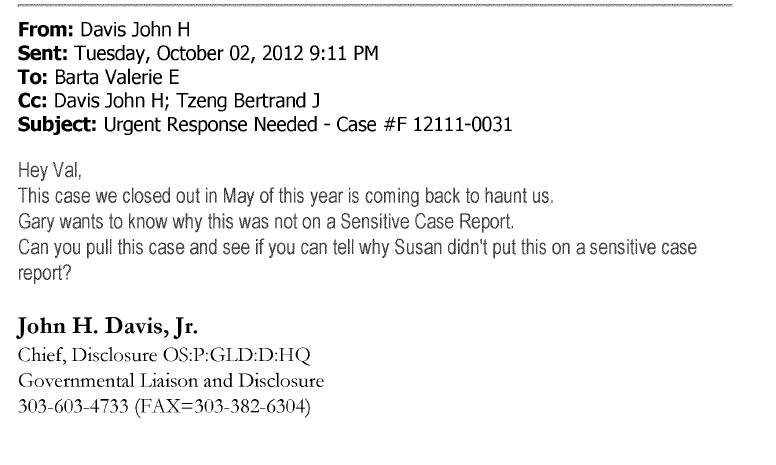Legal group requests IRS investigation into organization promoting Obamacare
Caroline May
Enroll America is a nonprofit, with ties to the Obama administration, whose mission is to “maximize” the number of uninsured Americans enrolling in health care options under Obamacare.
According to the complaint, filed Monday by Cause of Action, Enroll America should not have been classified as a 501(c)(3) and is in violation of the tax code as it operates more like a trade association and benefits private companies represented by the members on its board of directors and advisory council.
Dan Epstein, executive director of Cause of Action, explained to The Daily Caller that the charitable distinction should not apply to Enroll America.
“If everything that the organization does can be done by a for-profit, it already frames the organization as not having a charitable purpose,” Epstein said.
The complaint names three board members with “significant ties to for-profit healthcare providers” and “extensive experience lobbying executive branch officials regarding the Affordable Care Act” as well as six organizations on Enroll America’s advisory council that “have a vested commercial interest in the sale of health insurance policies through the state health benefit exchanges, and which actively lobby the federal government on healthcare related issues.”
“In short, insiders with substantial control over the organization and for-profit healthcare providers are unlawfully receiving a private benefit from its activities, and the earnings and assets of the organization are therefore inuring to their benefit,” Epstein wrote in his complaint letter.
Health and Human Services Secretary Kathleen Sebelius has come under fire from Republican lawmakers in recent months for her fundraising efforts on behalf of the organization, soliciting donations from the healthcare companies HHS regulates.
Enroll America launched a multimillion dollar campaign, called “Get Covered America,” to educate about health insurance options available under Obamacare in June.

